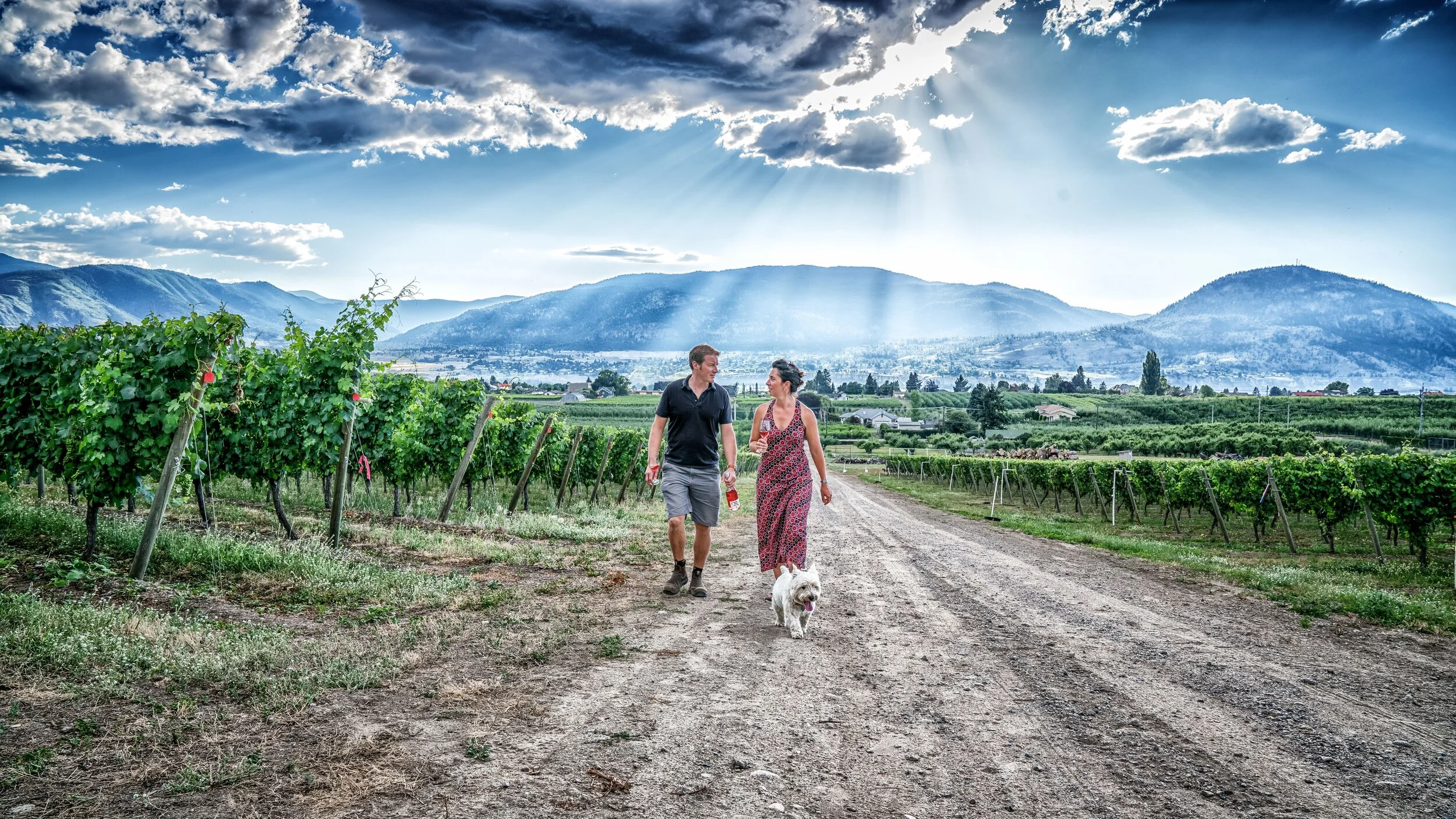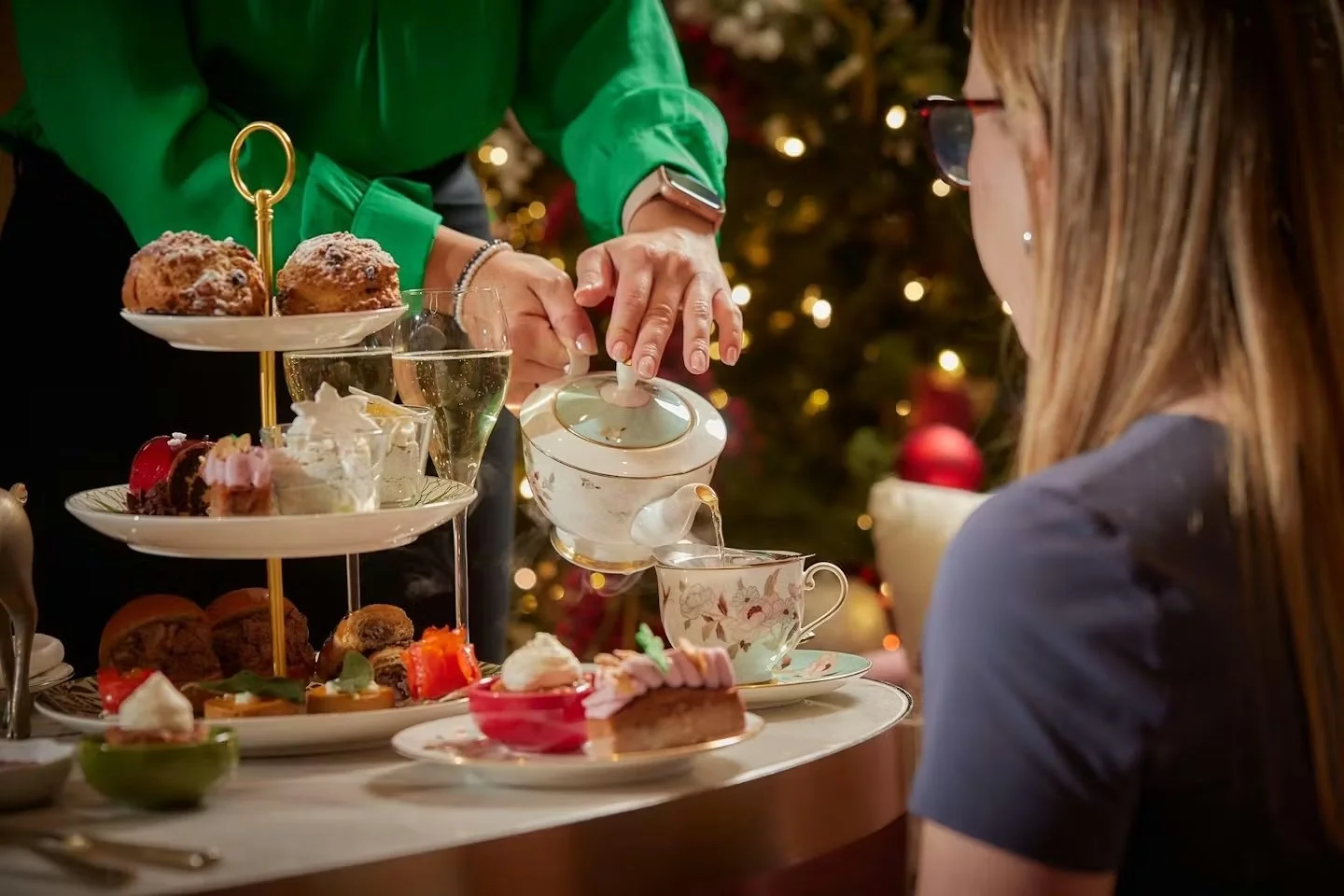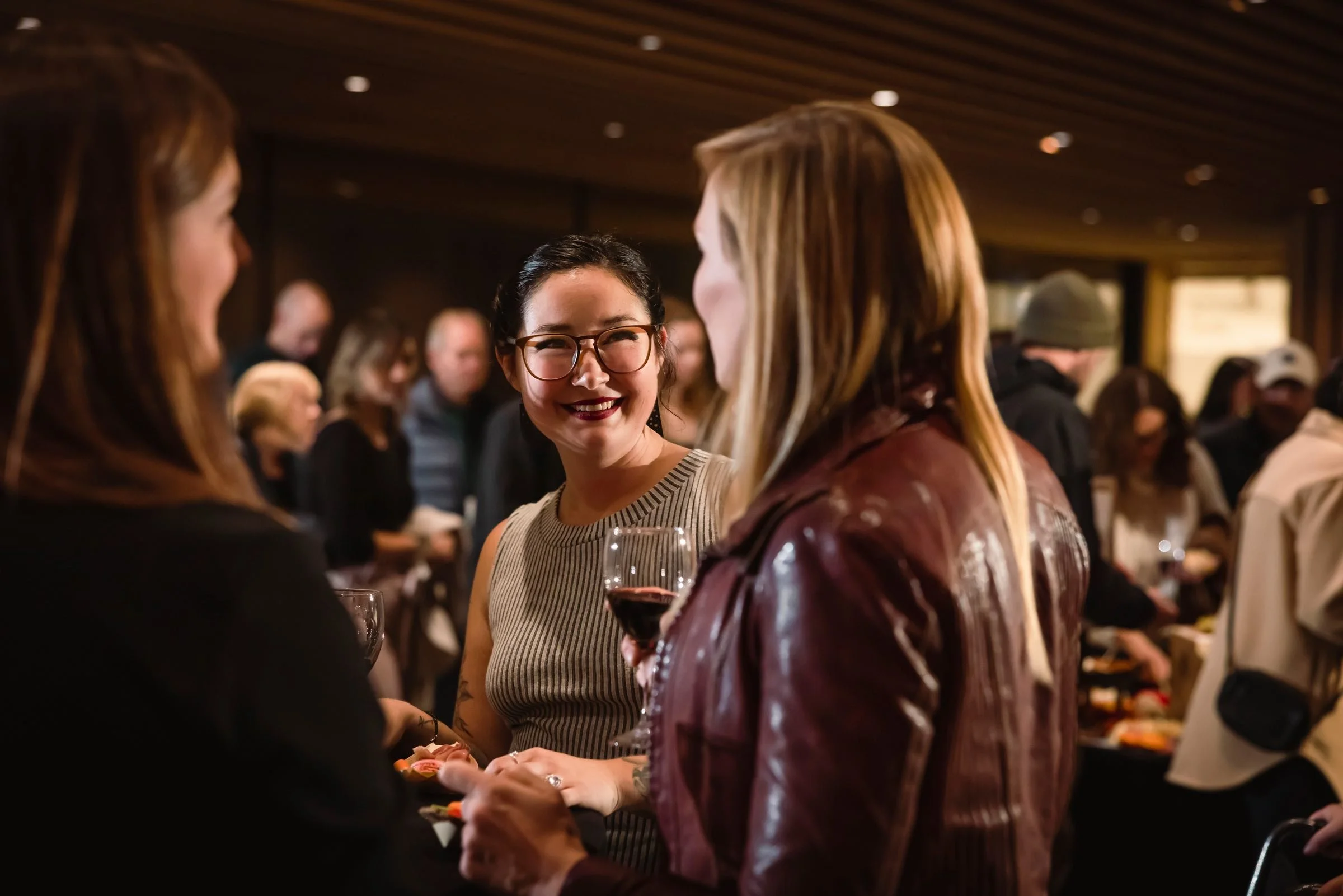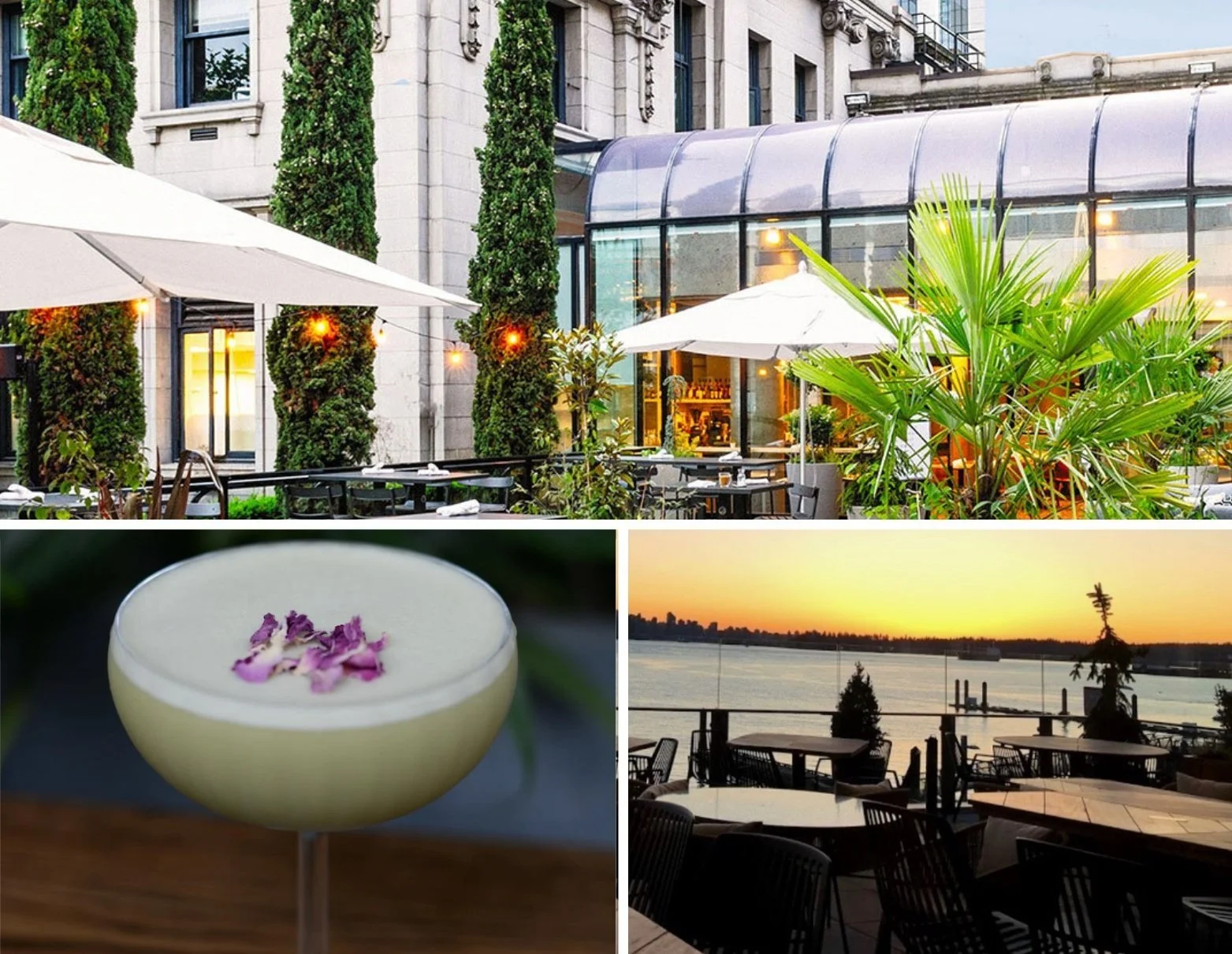From Bordeaux to B.C.: Roche Wines is a family affair with French savoir faire
Based in the Okanagan, Dylan and Pénélope Roche draw on a family winemaking history that dates back to the French Revolution
Dylan and Pénélope Roche worked at her family’s winery in France before starting their own just outside of Penticton. Photo by David McIlvride
HAVING GROWN UP mountain biking on Vancouver’s North Shore, Dylan Roche ended up parlaying his love of two-wheelers into a job as a tour guide in France, where he led gastronomic cycling tours. His base was Burgundy, the birthplace of Pinot Noir. There, he fell in love with viticulture and winemaking. As he studied, worked, and apprenticed, he became enamoured with the French way of life.
“I was unprepared for the depths of how the wine permeates—literally and figuratively—that place, and the whole country, of course,” Roche tells Stir.
His newfound affinity for wine led to another love; through the winemaking world, Roche ended up meeting his future wife. Pénélope Roche comes from five generations of vintners in Bordeaux.
Now, the two run Roche Wines in the Okanagan, bringing French flair to B.C. terroir.
On the line from the couple’s winery in Penticton, Roche explains that he and Pénélope in fact met in New Zealand, where winemakers from around the globe travel to to take advantage of the country’s unique wine-making conditions. He followed her back to Bordeaux, where her family owned, farmed, and managed Chateau Les Carmes Haut-Brion in Pessac-Leognan from the French Revolution until 2010. They specialized in fine small-lot reds, with a typical blend for most vintages being 65 percent Merlot, 20 percent Cabernet Franc, and 15 percent Cabernet Sauvignon.
“I came to Bordeaux expecting to see big and corporate [operations], but landed in a family-scale, high-level winery,” Roche recalls. “They were a stone’s throw from some of the most famous chateaux in Bordeaux; Haut-Brion was in the same neighbourhood. Her family was selling in the same category but with tiny production, less than 3,000 cases. It was very special.”
Alongside Pénélope and her family, he helped out doing everything from manual labour to winemaking; he also taught wine appreciation courses to tourists who wanted to go a little deeper in their experience than simply sipping. When the family sold the winery, the couple, then with a young son, had a decision to make: continue making wine in France or pursue their passion elsewhere. They decided on the Okanagan, where Dylan spent many summers in his youth.
“We knew about the really exciting wine industry here,” he says. “We felt like there was perhaps more opportunity and more for us to offer here. Whereas in France there is so much to learn and so much depth of tradition, you are a little bit restricted as to what you can do there. And it’s a big pond, and we would be small- or medium-size fish.
“We thought we could perhaps be more creative here,” he adds. “France is special, but Canada is special too, and in terms of raising a family, there’s more freedom of space here.”
Since arriving in 2011, the Roches have had two more children and built their own winery on the southern end of the Naramata Bench. From the highest point on their property, they can see both Okanagan Lake and Skaha Lake. They started out making and selling wine virtually then officially opened the doors to Roche Wines in 2017. On-site, they have a six-acre organic vineyard; five minutes up the road are 15 more acres.
“I’m happy to confirm that farming organic is easier here to do than in France, because it’s so much drier,” Roche says. “When you become exposed to farming, whether it’s grapes or anything else, you all of a sudden realize how big of a chemical factory it can become. With large-scale farming, most of what we eat is farmed with weed killer and insecticides and fungicides. It doesn’t ring true to us, and also none of it is good for the bees.
“There are solutions that don’t involve chemicals,” he says. “Organic farming is exploding all over the world, but not fast enough.”
Among the several types of grapes Roche Wines grows are Chardonnay, Pinot Noir, Merlot, Cabernet Franc, Cabernet Sauvignon, and Zweigelt, an Austrian variety that had been planted before they purchased the land and that they use to make rosé. Roche says he and his wife strive to maintain an observational approach to winemaking, meaning they follow the land’s natural lead as to what style of wine they’re going to produce, whether it’s Texture Pinot Noir or anything from their Amulet label, produced in extremely small quantities.
“Both my wife and I are trained in the scientific side of viticulture and winemaking, but where we really feel best is using our senses: tasting, smelling, and observing how the plants are behaving and then trying to keep that idea alive right through to the bottle,” he says. “We feel like we’re certainly making B.C. wines that are unique to this place. We’re not trying to make French-style wines specifically, but we suspect our style is influenced by where we learned to enjoy and make wine.”
He points to Roche Tradition Pinot Gris as a unique take on B.C.’s most common white. (The 2018 won a Bronze medal in the Lieutenant Governor’s Wine Awards.)
“Rather than light and easy, this is a much more serious example,” he says. “It’s drier, richer, denser, fermented in older French oak barrels. It’s almost Pinot Gris through a Chardonnay lens. It was the first wine we released and it’s the one we’re most proud of. It can almost fill the shoes of a Pinot Noir, with its density and structure. You can drink it with halibut or with a roast and make it through winter.”
The pandemic has affected the winery’s operations to a degree, with it now offering pre-booked private tastings rather than drop-ins. Roche wines are available online and at select restaurants and private wine shops.
When they’re not skiing, cycling, or spending time outdoors with their kids (aged 12, 10, and three) Dylan and Pénélope continue to share their knowledge via Zoom seminars; she also teaches viticulture at Okanagan College. They miss being able to gather with friends for long meals in the afternoon with wine and freshly baked bread, but that will hopefully soon come back.
“One of our integral goals is not just how we think wine should taste, but how it should be enjoyed,” he says, “how it can be that idea of enjoying food and wine as a way of living.”














